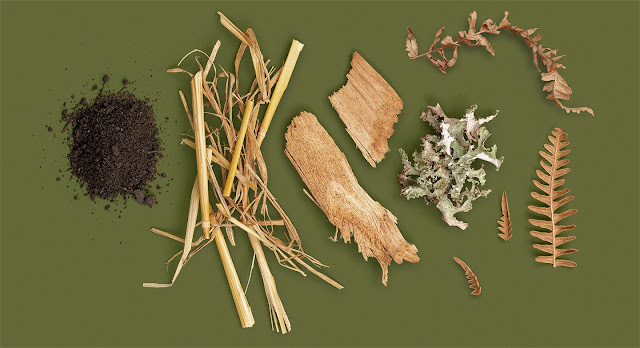Science is Fun Fridays!
If you saw a headline about "Human Composting" you might not see the fun in this, especially once I tell you this is about death.
Specifically, what we do with our bodies after we've died. Burials and cremations are the norm, but there has been a push to consider more eco-friendly alternatives, and now, there's composting.
Natural organic reduction is a process that transforms human remains into soil, which sequesters carbon and improves the health of our natural surroundings.
Conventional burial not only takes up valuable land, but it pollutes the soil and contributes to climate change through manufacture and transport. Cremation burns fossil fuels and emits carbon dioxide and particulates into the atmosphere.
NOR uses natural microbes on our body and in the environment to begin the cycle. The body is surrounded by wood chips, alfalfa, and straw and sealed off while the body and plant material combine. The microbes power charge on the molecular level, resulting in the formation of nutrient-dense soil. Each body creates one cubic yard of soil amendment.
The soil can be taken home or donated to conservation efforts.
This practice is currently only legal in Colorado, Oregon, and Washington - the latter becoming the first in 2019. Other states such as California and New York have been reviewing bills as well.




Comments
Post a Comment